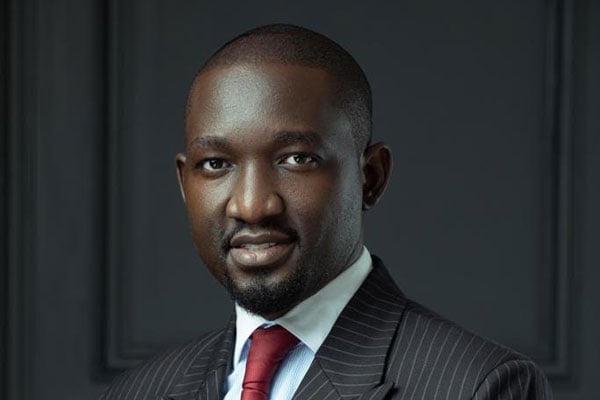Prime
Fufa must be credited for its match-fixing campaign; Uganda should sign the Macolin Convention

IVAN OJAKOL
What you need to know:
David Isabirye quite controversially was banned for his failure to report the match-fixing incident to Fufa. He was handed a two-year ban and barred from involvement in any football activities both local and international. “The failure to report” match-fixing and other sports vices seems to have been co-opted in the National Sports Act awaiting presidential assent.
Fufa recently launched an anti-match fixing campaign. At the same launch, Fufa also hinted at the fact that they had partnered with, Sportrada, a sports technology company that would help them in curbing the vice.
This came right on the heels of the arrest of a trio in Kenya including a Ugandan after they had attempted to fix a match between Nairobi City Stars and Sofapaka.
Match fixing seems to have been in Ugandan football or even sports for a while. In 2022, Fufa through its Ethics and Disciplinary Committee banned three for match-fixing; Abraham Luzzi, James Kaweesa, and a journalist, David Isabirye.
David Isabirye quite controversially was banned for his failure to report the match-fixing incident to Fufa. He was handed a two-year ban and barred from involvement in any football activities both local and international. “The failure to report” match-fixing and other sports vices seems to have been co-opted in the National Sports Act awaiting presidential assent.
Mr. Ali Sekatawa resigned quite unceremoniously from his position as the Chairman of Nyamitobora fc citing match-fixing in Ugandan football.
Internationally, Brentford’s Ivan Toney was recently charged with 232 alleged breaches of The FA’s gambling laws from 2017 to 2021. Stratford Town’s Kynan Isaac was given a 10-year ban for match-fixing in an FA-Cup game where he intentionally received a yellow-card and placed bets in matches in which he played. These incidents are aplenty and other sports like snooker, tennis, UFC and even esports have not been spared.
There is something called The Convention on the Manipulation of Sports Competition “The Macolin Convention”, an internationally binding legal framework that seeks to combat sports manipulation. The Convention seeks to prevent, detect and sanction sports manipulation nationally and internationally and promote cooperation between the various stakeholders involved in sports and sports betting. The Convention even envisages what it terms “national platforms” which are information hubs with the mandate of collecting, analyzing, and disseminating the relevant intelligence and information aimed at the coordination of criminal and disciplinary investigations and proceedings related to sports manipulation. Basically, various actors from the sports stakeholders, to the police, to the Director of Public Prosecutions and intelligence agencies working together to stamp out sports manipulation. Uganda is not a party to this Convention.
Tackling these sports vices will undoubtedly be a herculean task. Malta for example is opposed to signing the Macolin Convention because sports betting and gambling is a huge contributor to its economy.
In the aftermath of my article, “The Sc Villa-Bull decision is a negative precedent and goes against the Field of Play doctrine in Sports Law”, a retired Ugandan referee wrote to me and wondered why these games had been replayed over the years; Express vs KCCA in the Uganda Cup of 1984, Villa vs KCCA in 11993, Villa vs KCCA in 2012 and recently Bul vs Villa. They all have one common denominator-allegations of match-fixing without them necessarily being proven leading to unnecessary breaches of the “Field of play doctrine”. Hopefully, Bul-Villa is the last of such now that Fufa is taking match-fixing head-on.
Fufa’s campaign against these sports vices is laudable and more efforts aimed at raising awareness and building capacity are needed at all levels with all sports actors and stakeholders involved. Now that the National Sports Act criminalizes these sports vices, the capacity of the police, intelligence, investigative authorities, lawyers, and Judges among others has to be enhanced immensely in order to stamp out these sports manipulation evils.
These areas are as sophisticated as they come and the integration of state-of-the-art technology like Artificial Intelligence and high-level data collection and analysis cannot be overemphasized. Importantly, there seems to be beyond our local law, international cooperation, and coordination needed since these vices usually have a transnational element to them and by the looks of things there are already a number of international law instruments and best practices already available. Uganda should for instance sign the Macolin Convention. INTERPOL also already has a match-fixing task force that can be taken advantage of.
Ojakol is a Sports Lawyer, Partner at Matrix Advocates
Law Lecturer at IUEA




